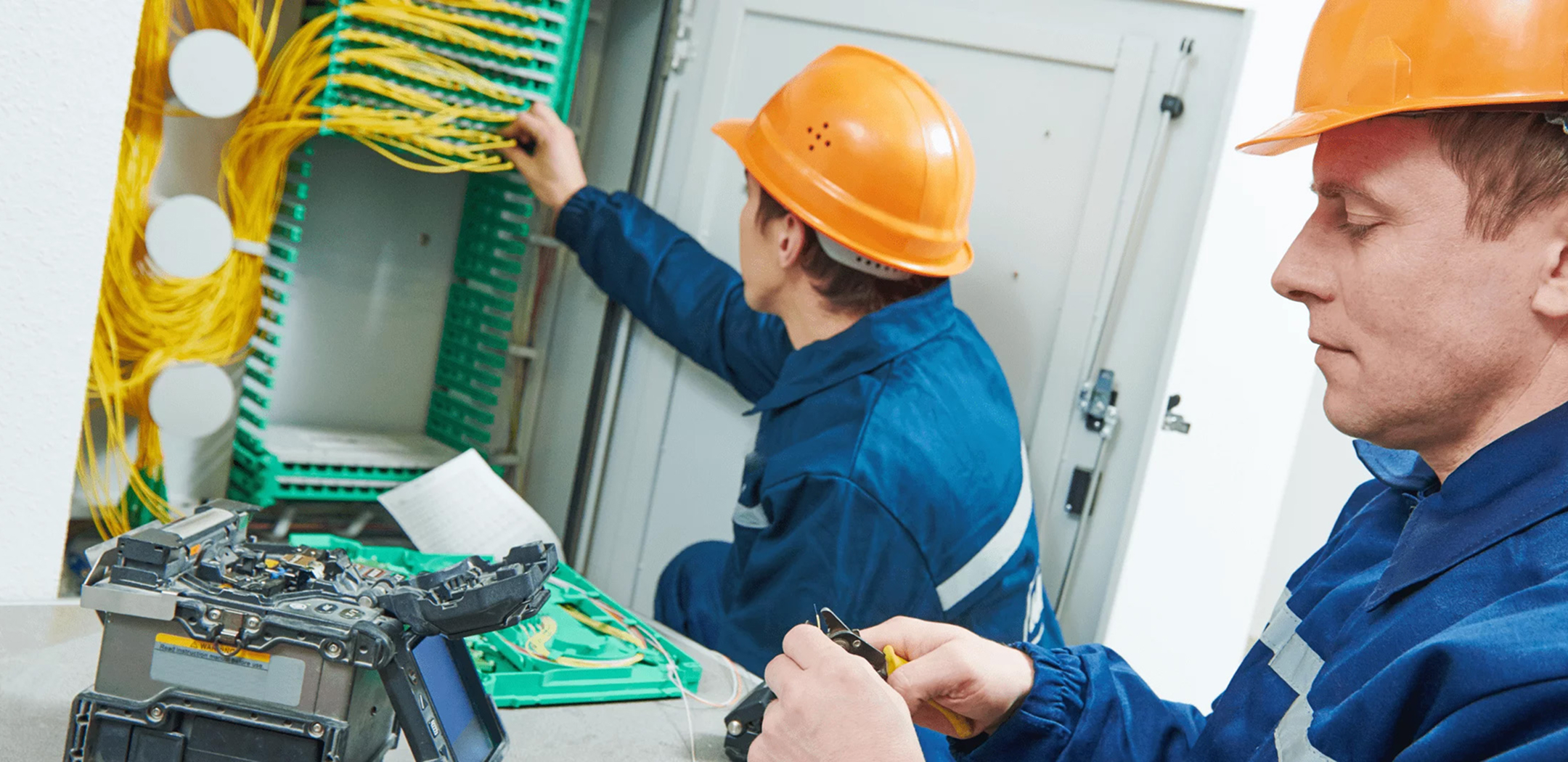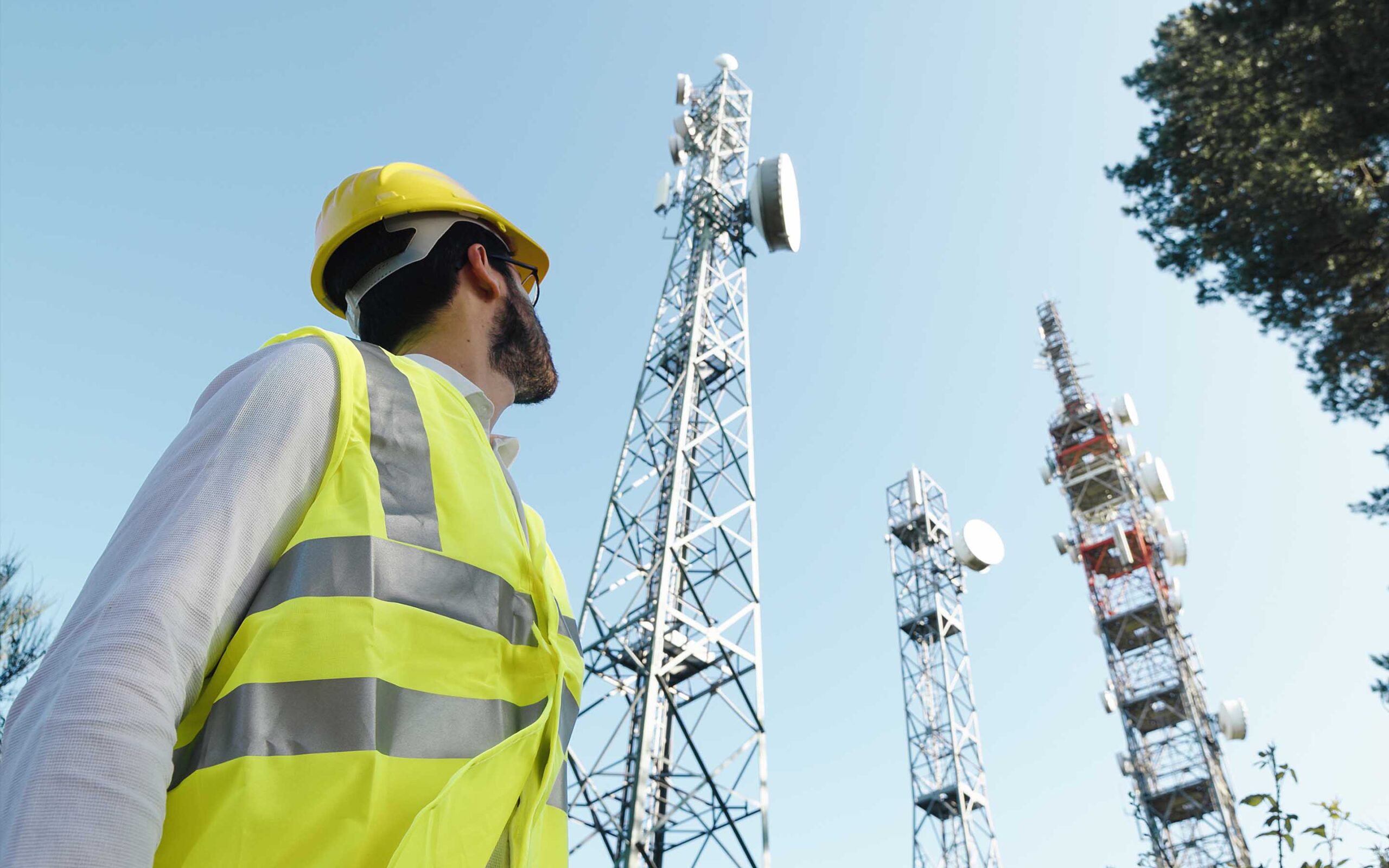Deutsche Glasfaser
Customer StoriesEstablished in 2012 by the Dutch firm Reggeborgh, Deutsche Glasfaser deliver fibre to the home (FTTH) in regions of North Rhine-Westphalia, Schleswig-Holstein, Bavaria and Lower Saxony, for 100 or 200 Mbps internet, television and VoIP telephone communication services.
The Challenge
- Protecting Critical Infrastructure sites against intruders and the elements, including fire, temperature, humidity, and power failures.
- Implementing an electronic Access Control system that would provide critical information about site security and enable remote access to maintenance technicians and other required personnel.
- To streamline key handling processes.

The Outcome
- Implementation of our AC system for electronic access control and remote access to areas for maintenance technicians and personnel at DGF Sites.
- Heightened security at VI locations with intrusion detection and reporting features that provide crucial information on the presence of people at unmanned sites.
- Environmental monitoring for crucial information on humidity, temperature, flood, and fire detection.
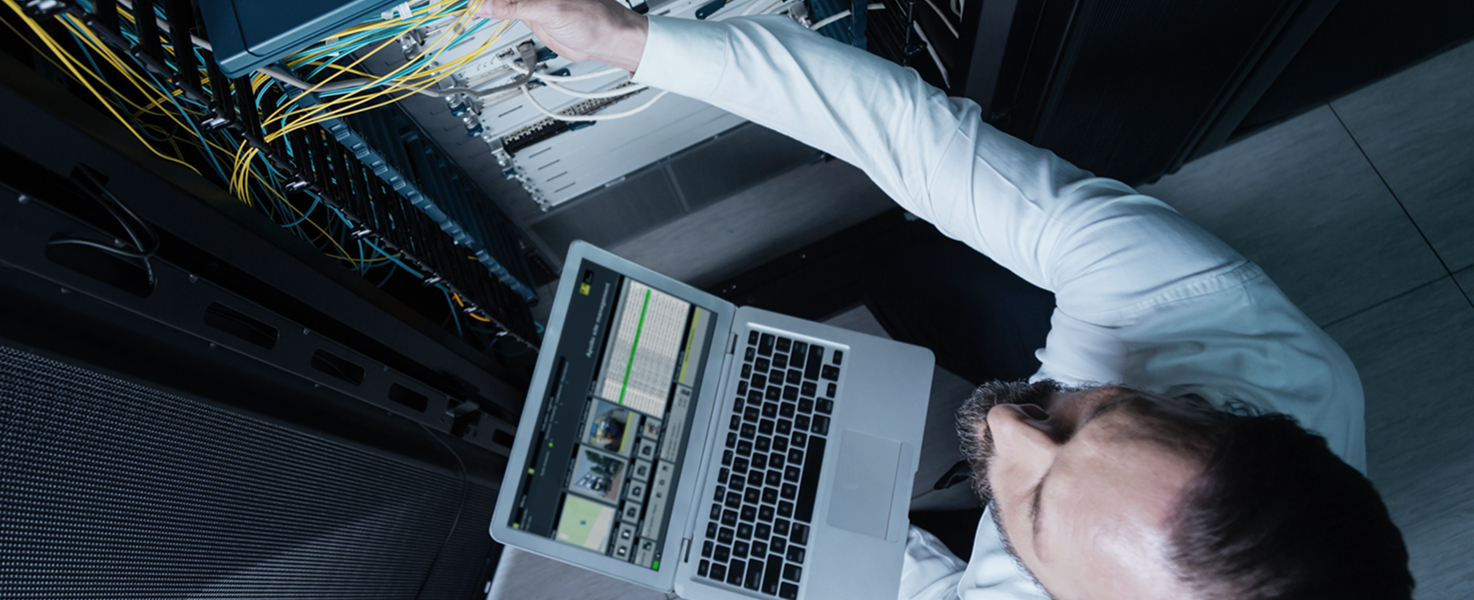
The Solution
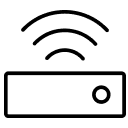
APOLLO controllers
Installed in every PoP (Point of Presence) location, APPOLLO controllers support the delivery of a fully automated key management system that can be controlled remotely.
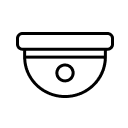
Environmental monitoring
APOLLO enables temperature and humidity monitoring at Deutsche Glasfaser’s unmanned sites. Exceeding threshold limits triggers operator alerts for timely corrective action.

Heightened security at unmanned sites
To enhance security at unmanned sites, passive infrared sensors were implemented. These sensors detect and report intrusions through monitored inputs, ensuring peace of mind and a prompt operator response.

Seamless access management procedures
A key priority was electronic Access Control and remote access for maintenance technicians and personnel. Our AC solution, utilizing card/Bluetooth technology, ensures seamless and efficient entry, eliminating the need for traditional keys.
“APOLLO contributes to a reduction of the total maintenance costs of the glass fibre network. For example, we get a notification if the air-conditioning in a PoP gets too high and therefore the A/C needs to be used more than usual”.
Download PDF
